- Home
- Chris Ryan
The Watchman Page 2
The Watchman Read online
Page 2
The other man nodded and glanced round the assembled faces. The smiles were wider now, displaying contempt, amusement and bad dentistry in equal measure. The man from the car shook his head, pulled a cellophane pouch of Drum tobacco from his trouser pocket and began to roll a cigarette. As he licked the paper the thin, broken-nosed man turned away, took a 9mm Browning automatic from the pocket of his boiler suit, considered it for a moment, then swung the butt backhanded and with full force into Bledsoe's broken ribs.
The pain was indescribable, an explosion of liquid fire in his chest that seemed, once again, to drain the FRU man of all coherent thought. He fell forward, hanging from the tailgate by his cuffed wrists, and for a moment saw himself as the young Provos surrounding him saw him a pallid, bloody faced flabby-arsed forty-fags-a-day chancer, close to his pension and closer to tears. As an agent handler Bledsoe's world had become that of his informers a world of beer and bar-stools and clapped-out cars.
He had fitted in well, but at the cost of his health and fitness.
"There's no disguise like a fat gut!" the instructors had told them at Tregaron, and Bledsoe had laughed along with the others.
Now look at him. Pathetic.
Something still beat in his chest, however, even as he hung there wheezing and gagging. Some ghost of the bloodyminded squaddie he'd once been still hung grimly on. There'll be afuck of a bang when the lads blow that door. Afuck of a bang. And the killing spree of all time.
None of these Provie cunts would live to .
A hand grabbed Bledsoe's hair and pulled his head level. Through a film of pain he saw a short, square figure walking out of the office area, a figure whose reddened and bony features, slicked-back hair and carefully buttoned Aran cardigan he recognised instantly.
"Would ye be knowing this gentleman?"
It was the gun-butt man again.
"Yeah," said Bledsoe, attempting to sneer.
"Val Doonican."
That earned him another kick in the balls and this time, as a lurching despair became one with the pain, Bledsoe kept his eyes shut.
The man in the Aran cardigan was Padraig Byrne.
No Det unit was about to follow the fucker anywhere.
He was already here wherever here was and he had probably been here for days. When Bledsoe finally reopened his eyes it was to see Byrne pulling on a boiler suit.
"Pleased to see me, Sergeant Bledsoe? You will be, that I promise." The voice was light and cultured, and somehow horribly at odds with the raw-boned features. The considered view in Lisburn barracks, Bledsoe remembered, was that Padraig Byrne took it up the arse.
"You see, Sergeant, we've got something for you."
A book hit the ground with a thump next to the FRU man's feet. What the fuck?
"Raymond John Bledsoe," Byrne continued in his soft wheedling brogue, 'this is your Death!"
There was snigger of sycophantic laughter from the young Provo foot soldiers. Opening his eyes a fraction, Bledsoe saw that the book was a Yellow Pages directory for the Newry and Mourne area. He hadn't crossed the border, then. There was still hope.
Please God, he thought, let Wheen have hooked afollow car on to that taxi. Let there be a Regiment team out there right now, taking out the sentries.
He hung on desperately to that hope. He suspected that the interrogation was about to start and he didn't know if he had any courage left to bullshit them with.
It was going to be very bad he was certain of that from the number of young guys they'd assembled, and from the hunger and expectancy on their faces.
And then, with a blast of cold air, the sliding doors opened again and a mud-spattered white van drove into the barn, shuddered for a moment in a haze of exhaust and was still. The barn doors were quickly dragged shut, then a terrible high-pitched screaming issued from inside the van. The screaming seemed to go on and on, and ended in a sound that was haW way between a retch and a whimper.
"Do you recognise that voice, Bledsoe?" asked Byrne, continuing his Eamonn Andrews impersonation.
"Yes, all the way from Lisburn barracks, Belfast, it's your old friend ..
A second naked and plasticuffed figure was dragged from the back of the van by two more boiler suited Provo foot soldiers. He had been severely beaten around the head and upper body, dirt and vomit smeared his chest and legs, and his face was a shapeless blood-smeared mask. In the middle of the room the foot soldiers kicked the new arrival's feet from under him and he fell heavily to the ground.
Byrne looked on, enjoying the moment.
"Good evening," he addressed the man on the ground.
"And thank you for joining us on this special occasion.
"Fuck you!" said the fallen man. At least that's what Bledsoe guessed that he was trying to say, but something horrible had happened to his mouth and teeth, and all that came out was a bubbling, gutter al rasp.
Bledsoe stared. Tried to beat back the worst of the fear.
With an immense effort the battered figure squinted around him, found Bledsoe, and winked one blackened and swollen eyelid. As he did so his face took momentary shape and with a sullen jolt of recognition all hope died in Ray Bledsoe.
"That's right," crowed Byrne exultantly, resuming.
"It's your old mate Connor Wheen!"
I'm dead, Bledsoe thought dully. We're both dead.
Byrne watched them, delighted with his coup. A chair was brought from the office and the two men hauled Wheen into it, forcing his cuffed hands behind the backrest.
"I know what you're wondering," said Byrne to Bledsoe with vast good humour.
"You're wondering if you're still north of the border, so that your SAS pals can drop in on us. Well, you know something .. ." Byrne shook his head at the sheer hilarious ness of the situation.
"You're not!"
Bledsoe felt his sanity slipping away. All that remained now was terror, pain and death. His unhinged gaze found the pale aced man, who stared back at him with ageless, unsmiling intensity. You are in hell, that gaze told him. Welcome.
Byrne turned to the pale-faced man.
"Joseph, as we agreed earlier, I'd like it to be you that does the killing." His tone was casual, conversational.
"Please," whispered Bledsoe.
"I'll tell you everything." His lips were papery and his voice was a submissive monotone.
"You can have the Det list, the SAS list, the tout list, the codes ..
Padraig Byrne frowned and looked at him intently for a moment or two as if wrestling with some complex moral or intellectual issue. Then he smiled again and turned back to the pale-faced man he called Joseph.
ONE.
Sierra Leone.
After an hour's march, Captain Alex Temple held up his hand and the patrol came to a cautious halt.
Above them the waning moon was obscured by lurid bruise-coloured rain clouds. In the forest to either side of them insects drilled and screamed. It was fifteen minutes after midnight and all six men were soaked to the skin. They were sweating too, as their dark-accustomed eyes scanned the clearing.
Alex had been right. Above the distant booming of thunder, just audible, was a faint staccato crackle.
Gunfire, surely. To his side, all but invisible in the dank shadows, Don Hammond nodded in agreement, showed two fingers two clicks ahead -and pointed up the trail. Yes, thought Alex with fierce joy. Yes! This is what I joined the Regiment for. This is what I'll do for as long as they'll let me.
He grinned at the wiry sergeant and glanced round at the four other members of Zulu Three Six patrol as they melted into the dank foliage. Immediately behind him was a sharp-faced trooper named Ricky Sutton, the patrol signaller. At twenty-three, Sutton was the youngest and least experienced member of the team. Covering Sutton's back as he worked was Stan Clayton, a long-serving and famously mouthy cockney corporal, and on the other side of the clearing, shadowy in the dimness, crouched Lance Wilford and Jimmy "Dog' Kenilworth, a corporal and a lance-corporal respectively. Like Alex, they w
ere dressed in sodden jungle kit and webbing, and carrying M16 203 rifles and a sheathed parang.
Beneath the frayed rims of their bush-hats their faces were blackened with cam-stick. All had compasses attached to their wrists and rifles.
At Don Hammond's sign, the patrol members quietly lowered their heavy Bergan rucksacks and began to cache them. Mosquitoes whined around them, settling greedily on their hands and faces. A couple of the men had leeches visible at their necks and wrists, and Alex guessed that they all had at least half a dozen sucking away beneath their wet shirts and combat trousers.
Crouching in the dank foliage, Hammond unfurled the aerial of the sat-coin radio, and reported the patrol's position and the direction of the small-arms fire to the SAS base in Freetown. When Hammond had completed the report Alex resumed the lead scout position. Signing for the rest of the patrol to follow, he set off towards the distant gunfire.
This was it, he thought this had to be it and breathed a silent prayer of thanks to the gods of war.
He was thirty-five years old and a commissioned officer, and both facts militated against him. SAS officers, or "Ruperts' as they were known, were usually directed into planning roles, while the 'chopping' was done by the troopers and NCOs. As a Rupert, Alex was lucky to be here at all. Somehow, against all the odds, it seemed that he had been granted one last adventure.
Zulu Three Six patrol was searching for a missing ITN news crew.
The journalists reporter Sally Roberts, cameraman Ben Mills and sound recordist Gary Burge had been missing for more than thirty-six hours now. They had last been seen in the town of Masiaka, thirty-five miles inland from the capital, Freetown. Masiaka was a strategically important staging post, and its mildewed and flyblown bungalows had been much fought over in the dirty war between the Sierra Leone army and the Revolutionary United Front. At present it was in the hands of pro-government forces and so considered more or less safe for Western media teams.
According to the Agence France Presse people who'd been showing them around, Sally Roberts and her team had arrived in Masiaka intending to interview members of a notoriously volatile pro-government militia known as the West Side Boys. The ITN team had hoped to find the militia's commanders at the mildewed and bullet pocked bungalow that served as their HQ, but on arriving there had discovered that the occupants had decamped eastwards in pursuit of an RUF raiding party.
Undeterred, and against the advice of the other Western press agencies, the ITN team had decided to follow the West Side Boys into the RUF-held badlands and at dawn the next day had set off on the Kissuna Road in a hired car. No one in Masiaka knew what had happened to Roberts, Mills and Burge after that. No one had seen them and no one had heard from them, despite the fact that all three were carrying sat-phones.
From evidence later provided by militia members it seemed that the West Side Boys had followed the raiding party far into RUF territory and that a vicious but inconclusive firefight had taken place near Kissuna, after which the militia had withdrawn back towards Masiaka. During the battle, as usual, most of the combatants had been blind drunk; the RUF on palm wine, the West Side Boys on the plastic bags of raw gin that they habitually carried. A dozen or so fighters, several of them children, had been killed on both sides.
When the ITN team neither returned that night, nor contacted anyone in Masiaka, people began to wonder. At noon the following day, fearing the worst, a BBC news crew filmed an interview with a West Side Boys militia leader called "Colonel Self Loading. Within two hours of the interview, and following a swift triangular exchange of secure calls between Freetown, Whitehall and Hereford, an unedited video copy of the film was running at SAS HQ, Freetown. The HQ was a former security complex on the edge of Lungi airport -a scruffily anonymous cluster of tents, low Nissen-style huts and radio masts. Watching the video clip were Major David Ross, OC of the forty-strong detachment from "D' Squadron, and Captain Alex Temple of the Regiment's Revolutionary Warfare Wing.
The twenty-minute clip made for grim viewing.
Colonel Self-Loading's eyes were red with fatigue, ganja and trail dust but he was certain of his facts: no Western correspondent had spoken to any member of the West Side Boys since their departure from Masiaka two days earlier. And certainly no Western woman.
If the team had been anywhere near the Kissuna battle zone, the colonel told the BBC interviewer, then they had probably been lifted by the RUF. Even now, he said, the woman was probably being asked if she wanted 'long sleeves' or 'short sleeves' amputation above or below the elbow. Hacking off arms was the RUF's calling-card. Recently, they had extended the practice to genitals. Once mutilated, victims were made to sit in bowls of caustic soda.
"And maybe they eat them, you know." The young colonel shrugged, reaching under his Tupac Shakur Tshirt to scratch his belly.
"Food is short."
Colonel Self-Loading was in a position to know about the RUF's dietary habits. A year earlier the West Side Boys had sided with the rebels, sweeping down to occupy Freetown on a manic tide of blood and slaughter, and to the thumping beat of the RUF anthem "No Living Thing'. The conversion of the West Side Boys to the government's way of seeing things a conversion which was rewarded by British mercenaries with a thirty-five-ton sanctions-busting consignment of Bulgarian weaponry was comparatively recent. If Colonel Self-Loading said that the RUF ate human flesh, then they did.
"You see, this is a bad war," he declared to the camera with all the authority of his nineteen years.
"A
very bad war."
Excusing himself, he explained to the interviewer that he was off to find a 'popsicle' an iced lolly made of neat gin -and a woman.
"Doesn't look good," said Alex levelly, when the footage came to a close.
"Nor it does," said David Ross.
"And I've got a feeling it might be coming our way."
Alex nodded.
"I'll put my lads on standby."
"Do that," agreed Ross.
The Revolutionary Warfare Wing, from which Alex twelve-strong team had been drawn, is the most secretive element of the SAS and the unit's existence has never been officially admitted. Its purpose is the execution of officially deniable tasks and contracts, including the covert training of overseas 'friendlies'. These last have included the Mujahedin of Afghanistan and the Cambodian Khmer Rouge.
On this occasion, rather less controversially, Alex Temple's team were in Freetown as part of a training package for the Sierra Leone army. They found it uninspiring work and between exercises were glad to return to the temporary base they shared with the forty men of "D' Squadron.
At twenty minutes after 5 p.m. Alex was summoned to the OC's hut for the second time that afternoon. In a few succinct sentences David Ross put him in the picture concerning the kidnap of the ITN team. The squadron would be mounting a search operation that night, Ross informed Alex, and the RWW team would remain on standby at the base to help with the planning of a rescue.
Alex heard Ross out and proposed an alternative plan. The RWW team would mount the search, he suggested, while "D' Squadron would stand by to effect the rescue.
Ross politely but firmly turned Alex's plan down. The RWW team were separate from his command, their presence in Sierra Leone was being paid for by that country's government and there would be an awkward convergence of responsibilities.
Alex countered that for the purposes of the operation he would be happy to place himself and his men under the direct command of Ross. If he led the search team "D' Squadron could be kept intact for the rescue.
"If we find them," he pleaded with the OC, 'it'll be a "D" Squadron success. If we don't, it'll be an RWW fuck-up." What Alex didn't need to add was that he had several years' more experience than Ross and was undoubtedly the best man to lead the search.
Ross considered Alex's suggestion. The two men liked and respected each other, and the lean-faced ex-Signals officer was aware that this would probably be Alex's last chance of leading his men int
o hostile territory. In the end, he gave Alex the nod. Intelligence reports from RUF informers suggested that the hostages had been taken to one of two possible camps. Alex was to divide his men into two six-man patrols and prepare for insertion under cover of darkness.
As he listened to the briefing an hour later and pored over the map table with his men, Alex felt the first fluttering crawl of anticipation. This, he knew from experience, would build to the taut excitement which always preceded action. When the time came, the excitement would give way to an icy, analytical calm. Then, for better or worse, he would do his job.
And on this one, he reckoned, it might well be for worse. Looking at the aerial reconnaissance photographs at the drab, swampy vastness of the jungle, the tiny gnat-bite settlements and the sullen clay-coloured waterways it seemed almost unimaginable that they would locate the ITN team.
How the hell could they find three people in all of that? And even if one of the patrols did locate the journalists, would they still be alive? Would there be time to scope the place out, accurately assess the enemy's strength and firepower, insert a rescue team and lift the hostages from under the noses of the notably well-armed
RUF?
"We have to think positive, gentlemen," said Ross briskly, as if reading his thoughts.
"The intelligence people have established a link with RUF commanders in the interior. We're assured that if they want to negotiate, the infrastructure exists. Having said that, of course, we can't count on any such thing. We've got to find the hostages and prepare a hard extraction."
He swept his hand over the maps.
"Now, it looks like a huge search area, but the probability is that if our hostages are still in one piece they're being held at one of a pair of jungle camps in the Kissuna sector.
These are located as follows' he overlaid the assembly of aerial photographs with a clear sheet marked up in china graph pencil 'and I've coded them Arsenal and Chelsea. Both, as you can see, are on the Rokel river, and neither is more than ten clicks from our LZ here on the ridge line, which we will call Millwall."
Carefully, Alex scanned the aerial phot graphs. The camps were just about visible if you knew exactly what you were looking for. They were surrounded by a hell of a lot of jungle though.

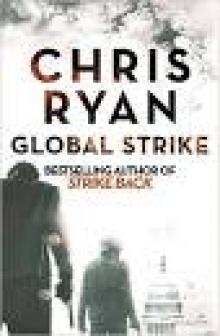 Global Strike
Global Strike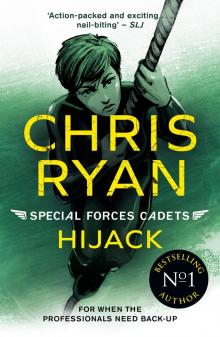 Hijack
Hijack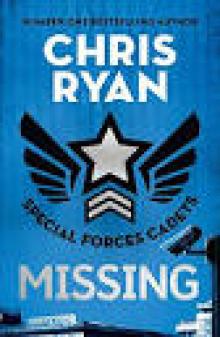 Special Forces Cadets 2
Special Forces Cadets 2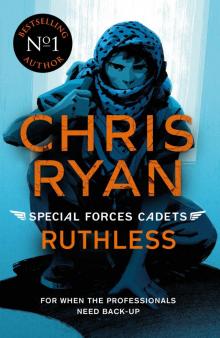 Ruthless
Ruthless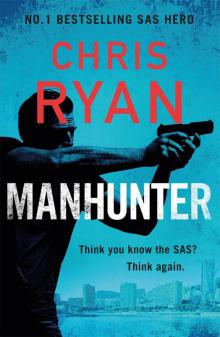 Manhunter
Manhunter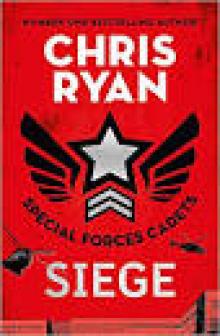 Special Forces Cadets 1
Special Forces Cadets 1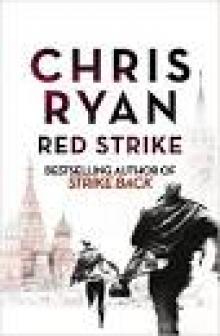 Red Strike
Red Strike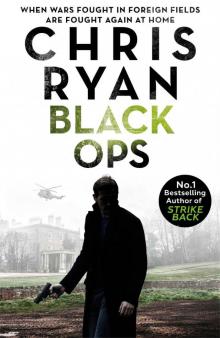 Black Ops
Black Ops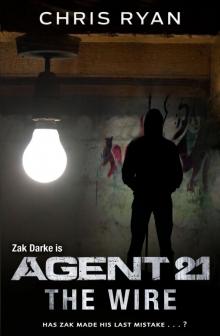 Agent 21: The Wire
Agent 21: The Wire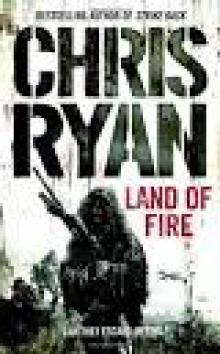 Land of Fire
Land of Fire Alpha Force: Fault Line
Alpha Force: Fault Line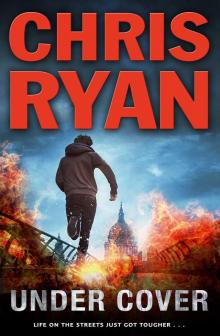 Under Cover (Agent 21)
Under Cover (Agent 21)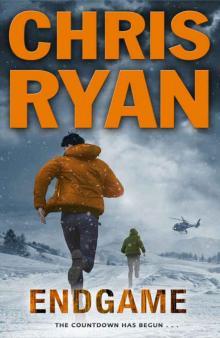 Endgame (Agent 21)
Endgame (Agent 21) Red Centre
Red Centre Blackout
Blackout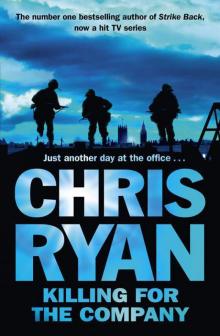 Killing for the Company
Killing for the Company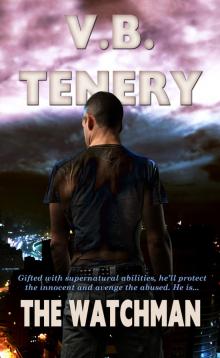 The Watchman
The Watchman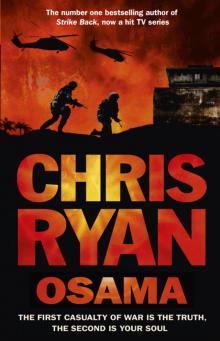 Osama
Osama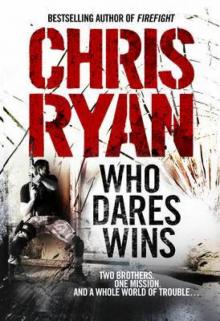 Who Dares Wins
Who Dares Wins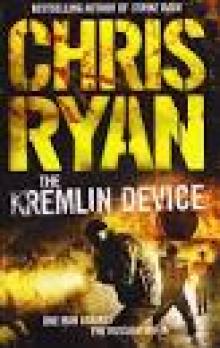 The Kremlin Device
The Kremlin Device Hunter Killer
Hunter Killer Alpha Force: Untouchable
Alpha Force: Untouchable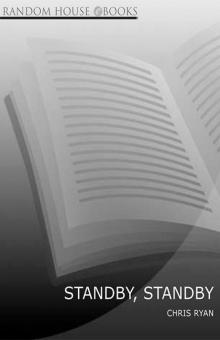 Stand By Stand By
Stand By Stand By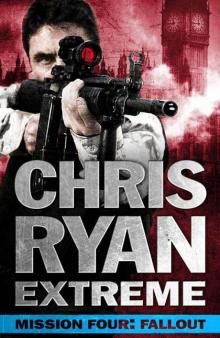 Chris Ryan Extreme: Hard Target: Mission Four: Fallout
Chris Ryan Extreme: Hard Target: Mission Four: Fallout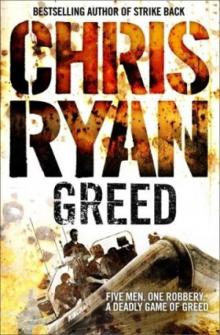 Greed mb-1
Greed mb-1 Alpha Force: Desert Pursuit
Alpha Force: Desert Pursuit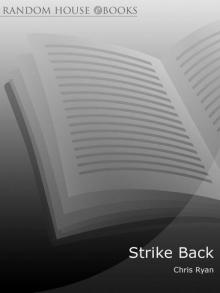 Strike Back
Strike Back Greed
Greed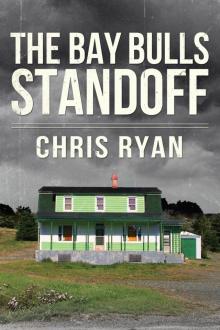 The Bay Bulls Standoff
The Bay Bulls Standoff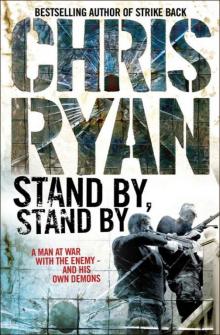 Stand By, Stand By gs-1
Stand By, Stand By gs-1 Outbreak
Outbreak Hunted
Hunted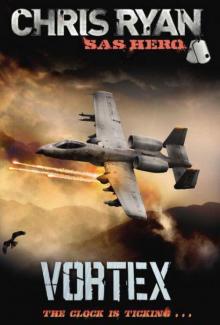 Vortex cr-4
Vortex cr-4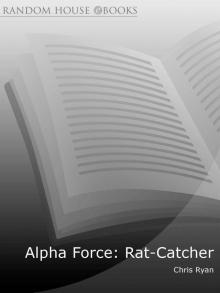 Rat-Catcher
Rat-Catcher Vortex
Vortex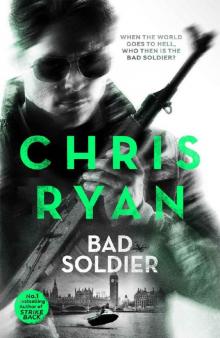 Bad Soldier
Bad Soldier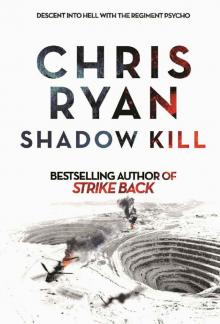 Shadow Kill: A Strikeback Novel
Shadow Kill: A Strikeback Novel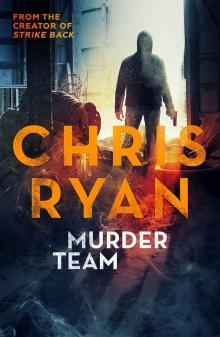 Murder Team (Kindle Single)
Murder Team (Kindle Single) One Good Turn
One Good Turn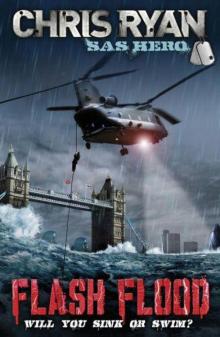 Flash Flood cr-1
Flash Flood cr-1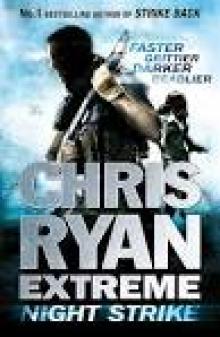 Night Strike
Night Strike Wildfire
Wildfire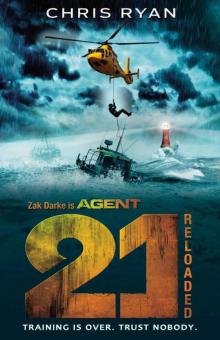 Agent 21: Reloaded: Book 2
Agent 21: Reloaded: Book 2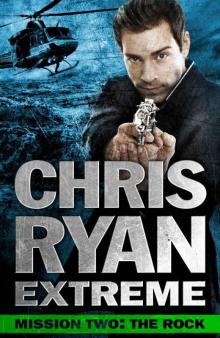 Chris Ryan Extreme: Hard Target: Mission Two: The Rock
Chris Ryan Extreme: Hard Target: Mission Two: The Rock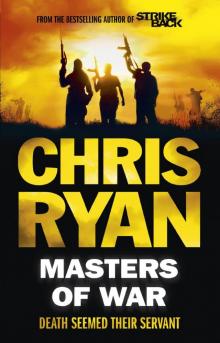 Masters of War
Masters of War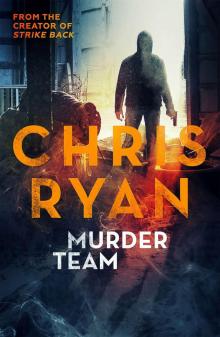 Murder Team
Murder Team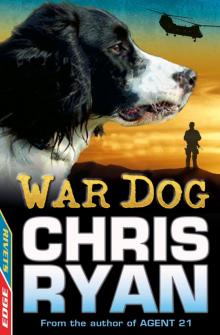 War Dog
War Dog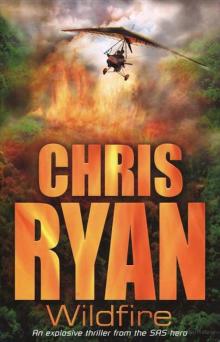 Wildfire cr-2
Wildfire cr-2 Survival
Survival The One That Got Away - Junior edition
The One That Got Away - Junior edition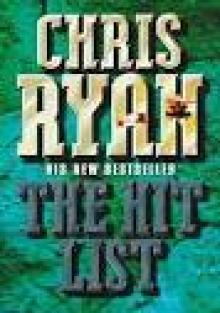 The Hit List
The Hit List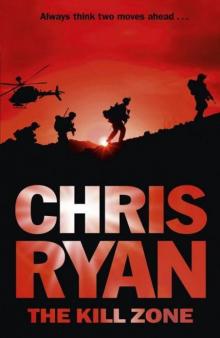 The Kill Zone
The Kill Zone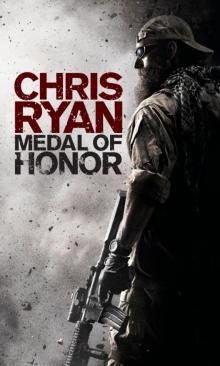 Medal of Honor
Medal of Honor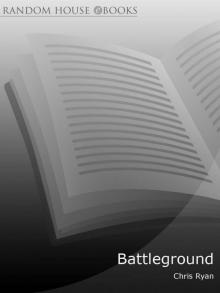 Battleground
Battleground Twister
Twister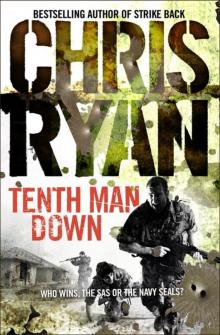 Tenth Man Down gs-4
Tenth Man Down gs-4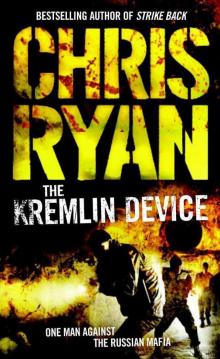 The Kremlin Device gs-3
The Kremlin Device gs-3 Hostage
Hostage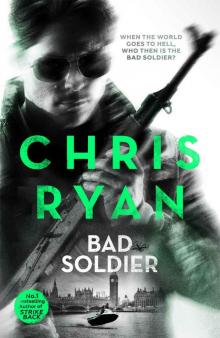 Bad Soldier: Danny Black Thriller 4
Bad Soldier: Danny Black Thriller 4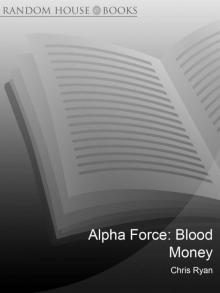 Alpha Force: Blood Money
Alpha Force: Blood Money Firefight
Firefight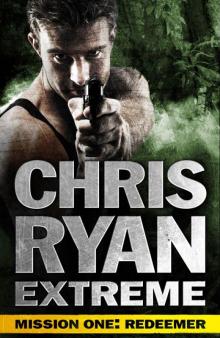 Chris Ryan Extreme: Hard Target: Mission One: Redeemer
Chris Ryan Extreme: Hard Target: Mission One: Redeemer Hit List
Hit List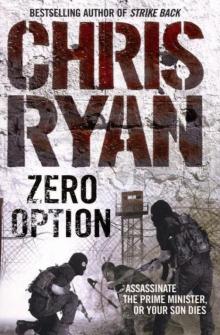 Zero Option gs-2
Zero Option gs-2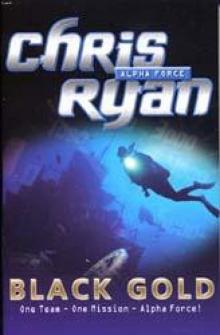 Black Gold
Black Gold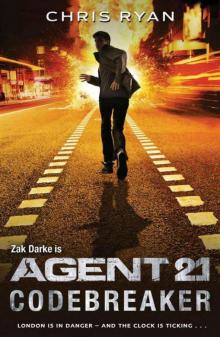 Agent 21: Codebreaker: Book 3
Agent 21: Codebreaker: Book 3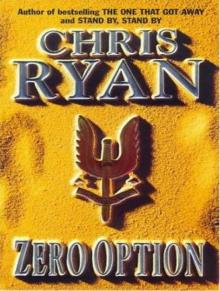 Zero Option
Zero Option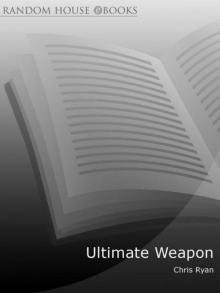 Ultimate Weapon
Ultimate Weapon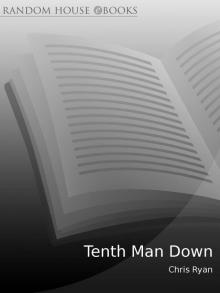 Tenth Man Down
Tenth Man Down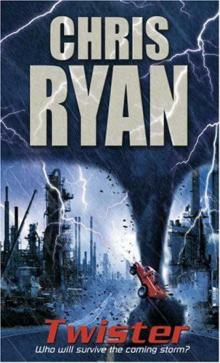 Twister cr-5
Twister cr-5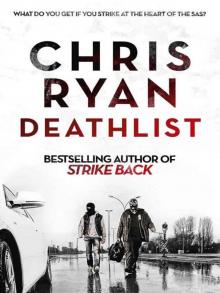 Deathlist
Deathlist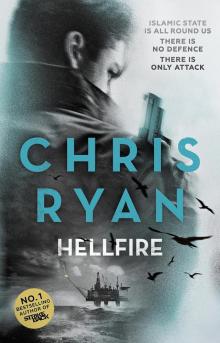 Hellfire
Hellfire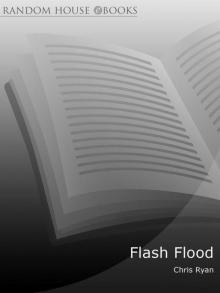 Flash Flood
Flash Flood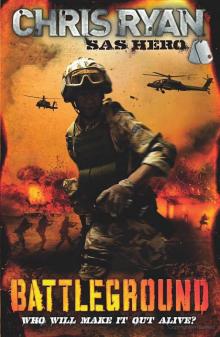 Battleground cr-6
Battleground cr-6 The Increment
The Increment